Generic Tenormin (Atenolol)
The Atenolol tablet is a member of the beta-blocker class of medications, which is related to heart disease. It aids in the treatment of angina pectoris, hypertension, irregular heartbeats, and chest pain with excruciating tightness in the chest. In the early stages of treating a heart attack (myocardial infarction), it safeguards the heart. The heart has to work harder to pump blood when blood pressure is high, and if this condition persists for an extended period of time, the heart and arteries may become damaged. It can cause damage to the kidney, heart, and brain arteries, which can lead to renal, heart, or stroke failure. On the other hand, lowering blood pressure may lessen the chance of heart attacks and strokes.
Tenormin Information :
Uses :
For the treatment of hypertension, Atenolol is used with or without other medications. Reducing hypertension can help avert heart attacks, strokes, and kidney issues. This drug is also used to treat angina, or chest pain, and to increase heart attack survivability. Atenolol is a member of the beta blocker drug class. It functions by obstructing the heart’s and blood vessels’ natural reactions to certain chemicals found in your body, like adrenaline. This decreases blood pressure, heart rate, and cardiac strain.
Follow your doctor’s instructions exactly when taking atenolol. Read all medication guides or instruction sheets and abide by the directions on the label of any prescription you receive. Periodically, your doctor may adjust your dosage. You will require frequent blood pressure checks. Inform the surgeon in advance if you require surgery that you are taking atenolol. For a brief period, you might need to stop taking the medication. If your symptoms do not get better, continue taking the medication as prescribed and let your doctor know. It is not advisable to stop taking atenolol abruptly. Sudden stopping could exacerbate your condition.
Precautions & Warnings :
Patients with bradycardia, anuria (the kidneys’ inability to produce urine), congestive heart failure, cardiogenic shock (the heart’s inability to pump enough blood), or an allergy to this product should not take atenolol tablets. Never discontinue taking Atenolol tablets without first talking to your physician. Abruptly stopping an Atenolol tablet can cause blood pressure and heart rhythm abnormalities, as well as chest pain or a heart attack. Your doctor will gradually lower your dose over time in an effort to help avoid these side effects.
It is not advised to give atenolol tablets to kids younger than 12 years old. Taking an Atenolol tablet may conceal the signs of diabetes. Thus, let your physician know if you have diabetes. Check your prothrombin time frequently if you take warfarin or other anticoagulants along with atenolol tablets.
Side Effects :
The following is a brief summary of some of the mild side effects that oral Atenolol tablets may have. Consult your physician or pharmacist, or review the prescribing information for Atenolol oral tablet, to find out about additional mild side effects.
Atenolol oral tablet mild side effects that have been documented include:
-
Headache
-
Cold hands/feet
-
Diarrhoea
-
Feeling sick (nausea)
-
Feeling tired
-
Aching and tired muscles
-
Depressed mood
-
Dizziness
Many medications have mild side effects that usually go away in a few days or weeks. Consult your physician or pharmacist, though, if they start to cause you problems.
Interactions :
The Atenolol tablet has been found to interact with a number of medications, including bronchodilators (such as aminophylline, dyphylline, oxtriphylline, and theophylline), antiretrovirals (such as atazanavir, saquinavir), anti-cancer drugs (such as ceritinib), blood pressure medications (such as clonidine, diltiazem, and Verapamil), antiarrhythmic drugs (like disopyramide), drugs used to treat nausea and vomiting after chemotherapy (such as dolasetron), immunomodulating medications (such as fingolimod), heart condition treatments (such as mavacamten), diagnostic agents (such as methacholine), medications used to treat relapsing forms of multiple sclerosis (such as ponesimod, siponimod), and muscle relaxant drugs (such as ritodrine, tizanidine).
Atrioventricular (AV) block (partial or complete interruption of impulse transmission), haemodialysis (dialysis), renal dysfunction, bradyarrhythmia (heartbeat less than 60 bpm), cardiogenic shock (when the heart fails to pump necessary blood to the body), hypotension (low blood pressure), CHF (cardiac heart failure), diabetes, hypersensitivity, ischemic heart disease/coronary heart disease, and PVD (peripheral vascular disease) are among the medical conditions that interact with atenolol tablets.
Overdose :
If someone has overdosed and is experiencing severe symptoms, such as unconsciousness or difficulty breathing, call 911. If not, immediately contact a poison control center.
Missed Dose :
Try to take it at the same day every day. Do not double the dose if missed.
Storage :
Store at room temperature away from light and moisture. Do not store in the bathroom. Keep all medications away from children and pets.


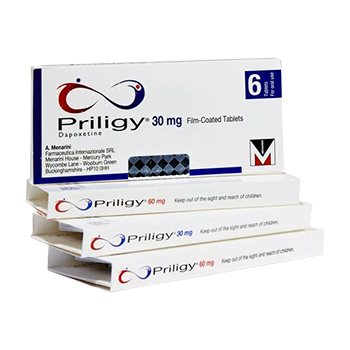
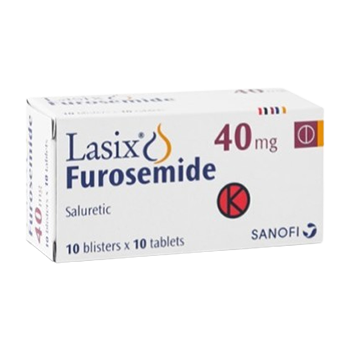
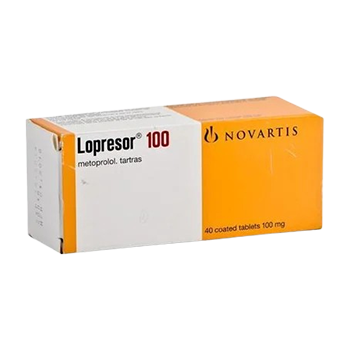
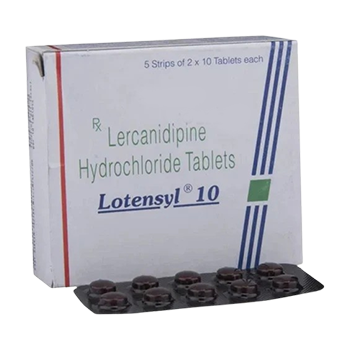
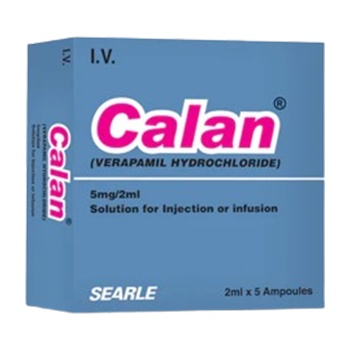
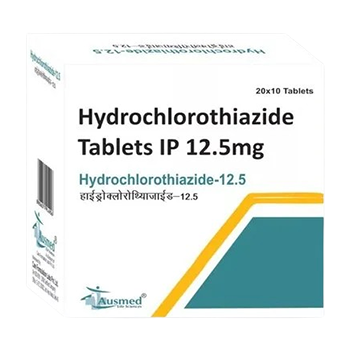
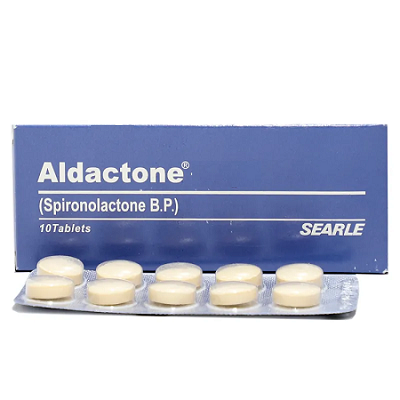




Reviews
There are no reviews yet.